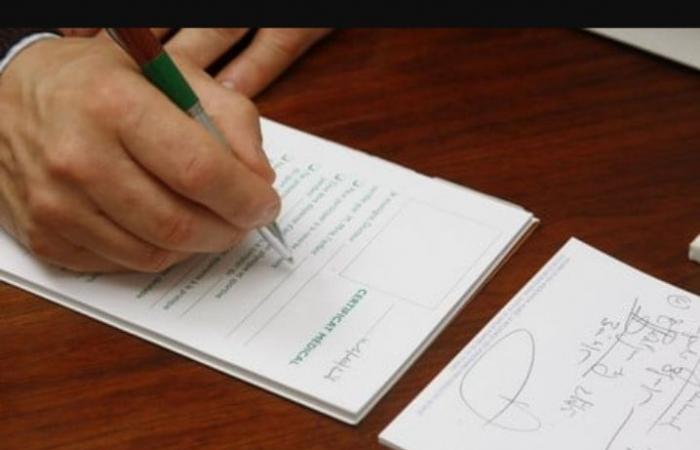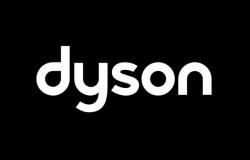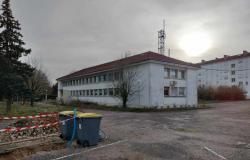This article was automatically translated from HIBAPRESS, the Arabic version:
Heba Press. Rabat
The public education sector in Morocco is witnessing a growing phenomenon of teacher absences, often justified by the provision of medical certificates. This phenomenon has aroused the discontent of mothers and fathers, who express their concern about its negative impact on the quality of education and the continuity of classes.
Many parents confirm that the absence of teachers negatively affects the level of students, because it causes a delay in school programs, which puts students under additional pressure to catch up on missing lessons. The problem is more serious in remote areas, where it is difficult to compensate for absences due to lack of human resources.
While some recognize the right of professors to benefit from sick leave when necessary, others question the credibility of certain medical evidence, believing that it has become a means of avoiding work without real justification. . They believe that strict control of this evidence is necessary to limit its illegal exploitation.
Parents are calling on the authorities concerned to find radical solutions to this phenomenon, whether by strengthening supervision or hiring more teachers to fill the shortage. Some are also calling for a review of sick leave laws to ensure a balance between the rights of teachers and ensuring progress in the educational process.
For their part, some teachers justify their absences by the deterioration of working conditions, such as overcrowded classrooms and poor equipment, which affect their psychological and physical health. Professional unions are demanding improvement in working conditions as part of the solution to this problem.
Between the demands of parents and the rights of teachers, the main challenge remains to guarantee the right of students to a stable and quality education. This requires a joint effort between the different stakeholders, notably the supervisory ministry, unions and civil associations, to develop effective and sustainable solutions.
Morocco






